Petroleumweg 125, 3196 KD Vondelingenplaat, Netherlands
Petroleumweg 125, 3196 KD Vondelingenplaat, Netherlands
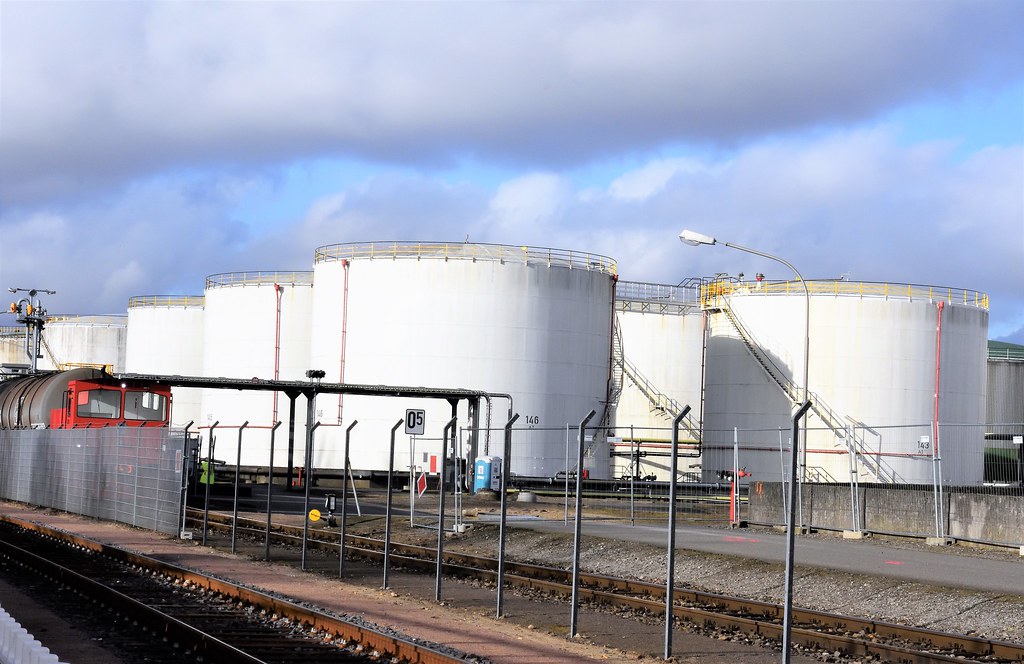
Theodora Tankers B.V. Our hamburg Terminal stand as the cornerstone of our operations and the command center for our growing international presence. Strategically positioned in Germany’s largest seaport, the Port of Hamburg, our headquarters not only house our leadership and administrative teams but also oversee one of the most advanced oil and gas storage and logistics terminals in Northern Europe.
Hamburg is known as The Gateway to the World, serving as a vital junction between Europe’s industrial markets and international shipping routes. Its unique connectivity through deep-sea shipping lanes, inland waterways, rail, and road infrastructure allows our terminal to function as a seamless link between suppliers, refineries, traders, and end-users worldwide.
Our Hamburg Terminal represents the strength, reliability, and global vision. We are committed to delivering safe, secure, and efficient storage services, backed by the expertise of a dedicated team and the strategic advantage of one of Europe’s most important maritime centers. Subterranean transfer pipes that are centralised remotely managed and run between the tanker pier and the tanks connect the tanks to the pumps that supply the long-distance pipelines. It is also possible to shift different grades of crude oil to different parts of the tank farm, for example, to obtain specific desired features and qualities in the crude oil and feedstock. Furthermore, crude oil can be transferred to and from the caves via the tanks.
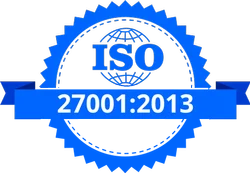
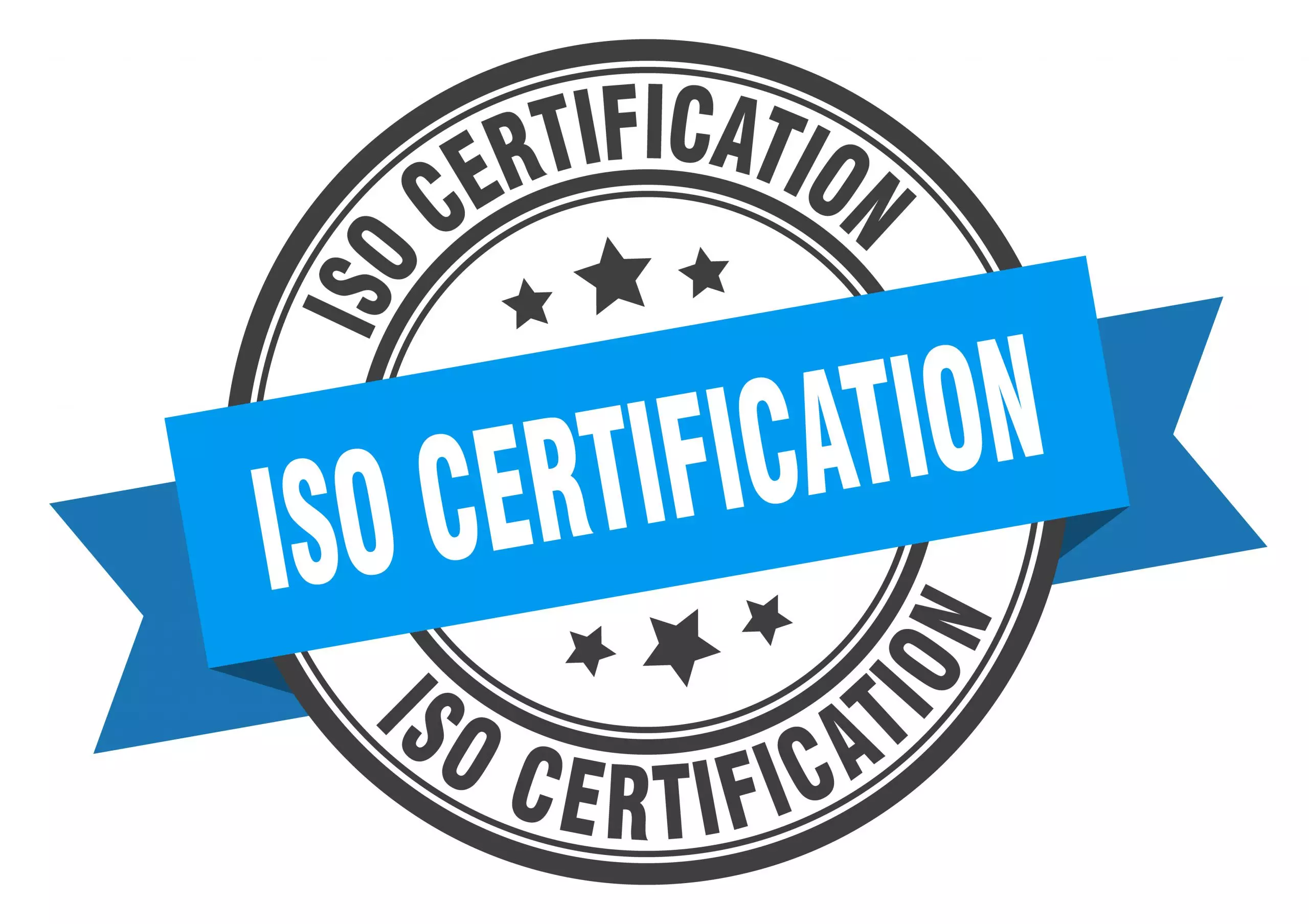
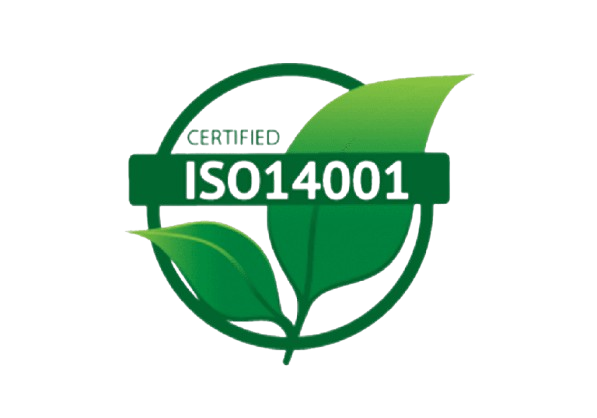
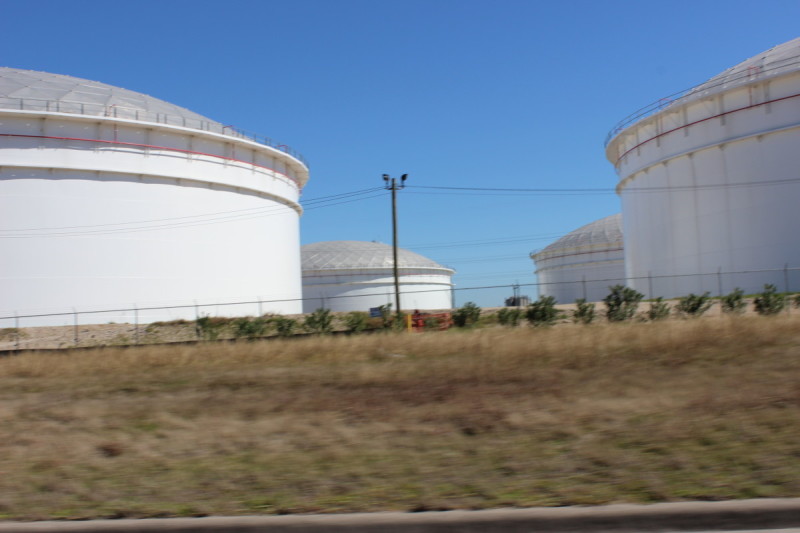
At ports around the world, Theodora is dedicated to deliver the safe, reliable, and efficient storage of essential products for everyday life. Catalysts for change before fully tested markets are maintain wireless scenarios after intermandated applications predominate revolutionary.